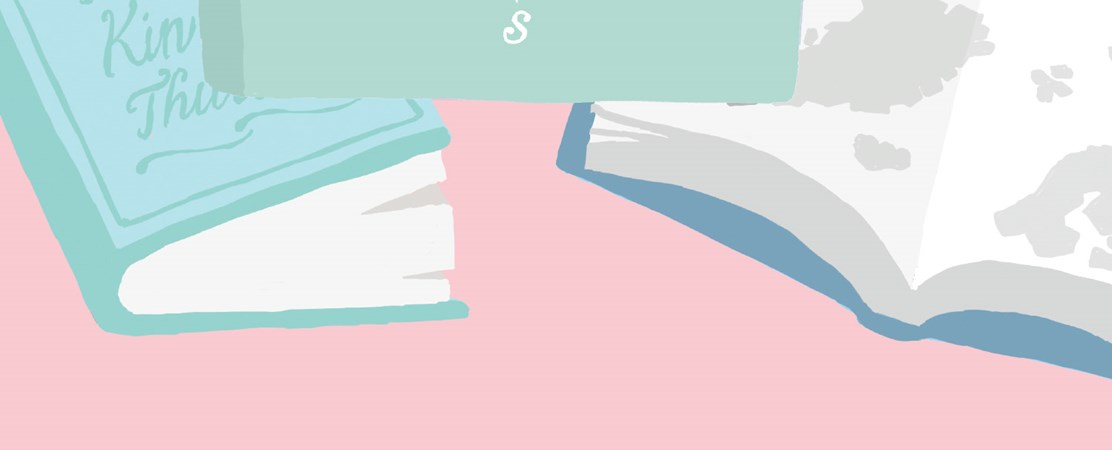“Breath of the North”: A Literary Portrait of Jean Malaurie

By Jan Borm, Full Professor, University of Versailles Saint-Quentin-en-Yvelines
In times of doubt and instability, it is wise to listen to the reassuring voice of those who can look back on a long life of extraordinary experience. Professor Jean Malaurie’s voice is definitely one of those.
Born in Germany in 1922, Malaurie is a trained geomorphologist; author of the 1955 classic account The Last Kings of Thule, the most widely distributed book about Greenland in the world; founder of Terre Humaine, the prestigious French book series which includes one of the most influential texts in social sciences of the second half of the 20th century, Tristes Tropiques by Claude Lévi-Strauss; co-founder of the State Polar Academy in Saint-Petersburg (now part of Russian State Hydrometeorological University); UNESCO Goodwill Ambassador for the Arctic; and recipient of the gold Nersornaat, the Greenland Medal for Meritorious Service awarded by the Greenlandic parliament.
In the preface to The Last Kings of Thule, Malaurie looks back on the decisive impact the Inughuit of Thule in North-West Greenland had on him when he was staying with them in 1950-51: “I owe much to these exemplary men, who obliged me to discover in depth my own identity. They reminded me that a man’s life should be a constant challenge that enables him to become what he truly is. They were my second – and more important – university, and I shall be indebted to them all my life.” Among Jean Malaurie’s many achievements, his insistence on considering Inuit knowledge and wisdom on par with other schools of thought is certainly one of the foremost and a lesson to be meditated by all of us. This premise is also reflected by the choices he has made as an editor for the over one hundred life stories and narratives published in Terre Humaine, aligning well-known scholars with indigenous authors such as Don Talayesva or Davi Kopenawa as well as men and women from all walks of life.
Jean Malaurie’s history of the “discovery” and exploration of North-West Greenland, Ultima Thule, is a model of reflexive ethno-history, and his gripping account of his own 31 expeditions to the Arctic, the four-part Hummocks, is fascinating reading from both a scientific and literary point of view. And he continues to publish: the monumental second volume of his collected writings Arctica (about his expedition to Chukotka in 1990) came out last year, with two more volumes to follow in 2020 and 2021.
But let us listen to him again. His powerful 2013 call of Strasbourg “Le souffle du Nord” (Breath of the North) has been published in his recent collection Oser, résister (To Dare, To Resist). As a take-away message, here is one of his most urgent appeals to human reason: “Cultural diversity is a scientific reality which we must protect as much as possible, just like biodiversity. Otherwise, all of us in those megacities that keep on growing will become a people of ants, manipulated by words and images.”
We need to return, time and time again, to those exceptional voices. As Prince Albert II of Monaco observes in his homage to be published in a special volume of the prestigious French review Les Cahiers de l’Herne, “Jean Malaurie is a model, a reference for those, like myself, engaging themselves in favour of our planet and the poles, and who always know how to find a precious example in all that he does.”
